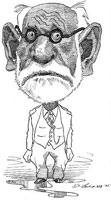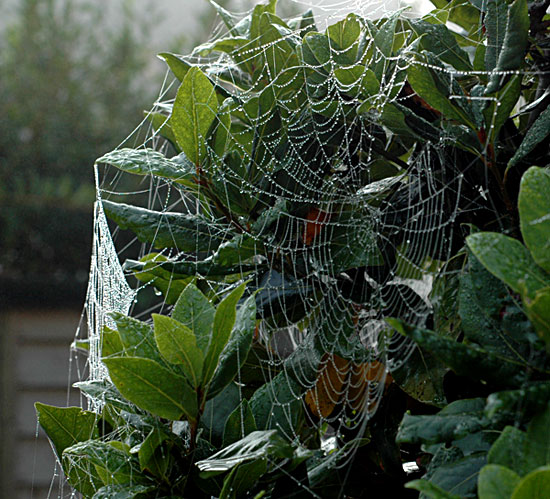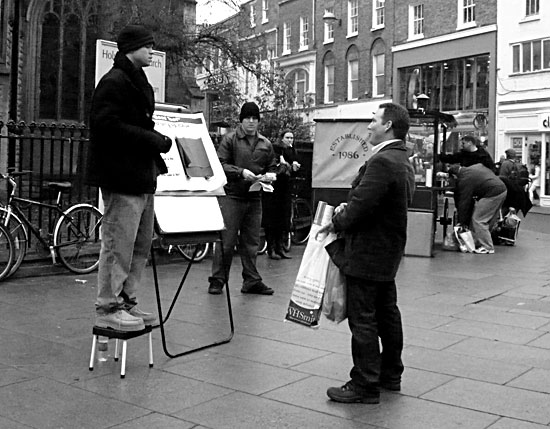From Technology Review…
A few seconds of undersea quaking was all it took to cause massive telecommunications disruptions throughout tech-savvy Asia, where Internet services have been snapped or slowed, phone lines disabled and financial transactions crippled.
Analysts said the service disruption–caused by the rupture of two undersea data transmission cables in Tuesday’s earthquake in Taiwan–highlights how crucial the cable and Internet infrastructure has become to the modern world.
A decade ago, telephones and faxes were essential to businesses and governments. Now, telephone lines often take second place, piggybacking on networks set up for Internet or mobile communication.
”Governments now recognize these industries as fundamental infrastructure, equal to electricity, water, sewage, roads,” said Markus Buchhorn, an information technology expert at Australian National University. ”So if you do have a major breakdown, people will move heaven and earth to fix it.”
Telecom companies scrambled to reroute connections after the break in the undersea cables. A Taiwanese officials said nearly all of Asia’s Internet service and 80 percent of its phone service was to be restored by noon (0400 GMT) Thursday.
In Hong Kong, a government statement said Thursday it would take at least five days to partially repair the damage to two undersea cables. A Hong Kong telecommunications official said all seven major cables serving the Chinese territory were affected, some severely.
In the meantime, telecommunications remained slow–and in some areas nonexistent–in Taiwan, Hong Kong, Japan, China, Singapore and South Korea.In Seoul, banks reported a slowdown in foreign exchange trading. Hong Kong’s Internet data capacity was reduced by 50 percent.
Meanwhile, some customers in China completely lost Internet access. Singapore, Malaysia, Japan and the Philippines reported slowdowns or access difficulties, mainly to foreign Web sites, including search engines and some e-mail programs. Thailand reported a disruption in international phone service.”
I haven’t experienced anything like this before,” said Francis Lun, general manager at Fulbright Securities, one of many Hong Kong financial firms that were forced to conduct business by telephone on Wednesday.
”We’ve become too dependent on these optic fibers–a few of them get damaged, and everything collapses. Many lost the opportunity to make fast money.”





